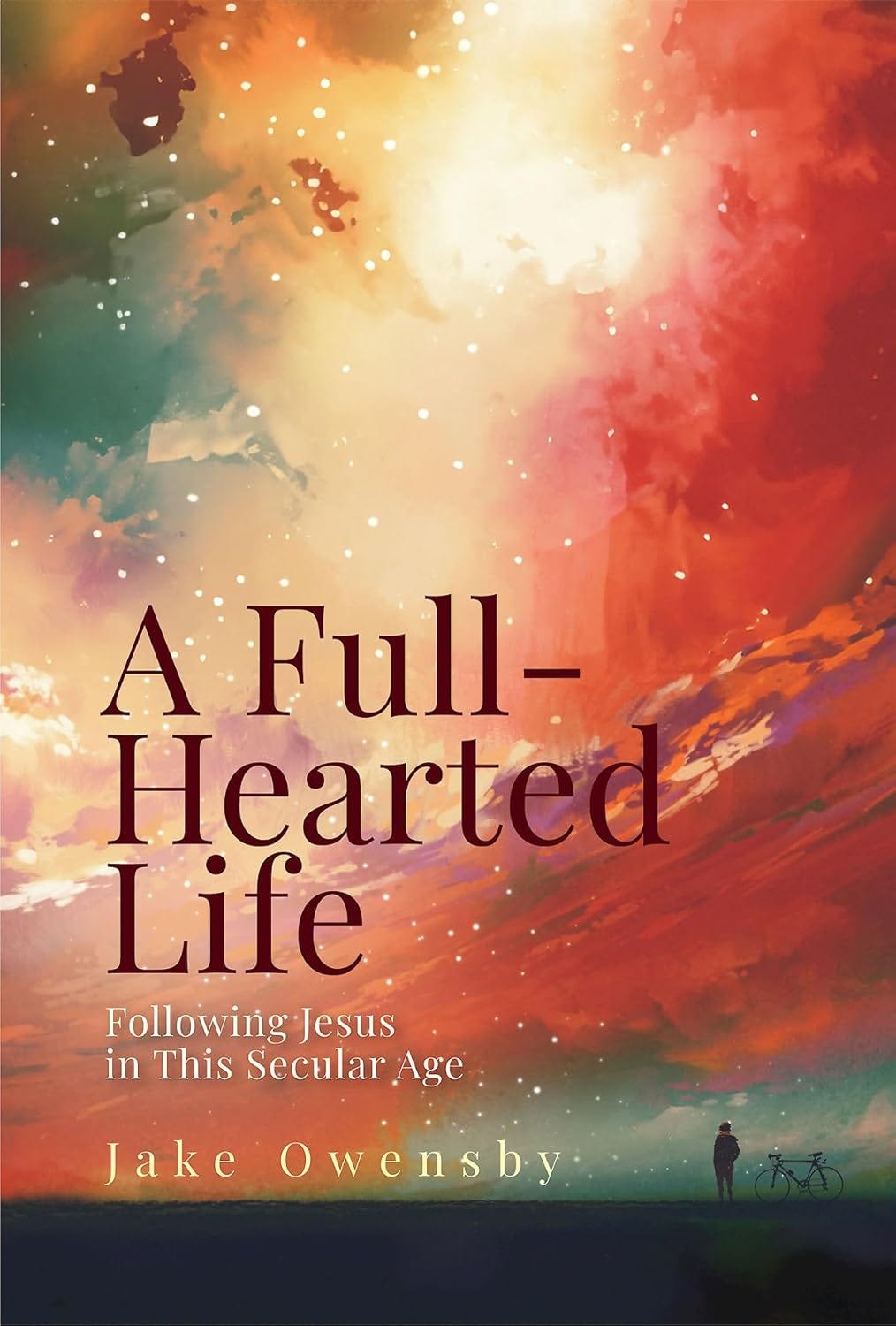If you want to know what you believe, watch what you do.
This is Part 3 of Living Faith, a four-part series about following Jesus with authenticity, compassion, and courage in everyday life.
Sister Agnes asked the class, “Given what you think about God, do you believe there’s a hell?”
No hands went up. We were freshmen. First week of religion class at the Archdiocesan High School.
After an awkward silence, I piped up: “A loving God wouldn’t torture people for all eternity.”
My classmates gawked. Fidgeted. Stared at their desks.
Sister Agnes smiled and said something like, “I see your point.”
Questioning religious ideas has always come naturally to me. Before I was ordained in the Episcopal Church, I taught philosophy. And long before earning a PhD, I had a philosopher’s soul.

I’ve come to believe that philosophical reflection is an essential part of a living faith. At its heart, philosophy asks why—why are we here, what matters, what’s true?
As Socrates said, “The unexamined life is not worth living.” Asking the big questions cost him his life. The Athenian authorities executed him.
Because if you really want to know your why—what your life is really devoted to—you can’t just take your word for it. You have to examine your patterns. Your actions. Because your actions reveal what you actually believe.
In short: doing is believing.

Jesus is clear about our why: love God and love your neighbor. As I’ve written in A Full-Hearted Life, the Holy Spirit helps us live into that calling—but it can be painful. Especially when it exposes the ways we’ve fallen short.
Christian hypocrisy is one of the main reasons people turn away from church. Let’s be honest, it’s nothing new.
Jesus once healed a woman who had suffered with a bent back for eighteen years. Because it happened on the Sabbath, the religious leaders were outraged. He was “working” on a day of rest.
Jesus didn’t hold back:
“You hypocrites! You’ll feed your mule on the Sabbath, but you’re angry that I’ve relieved this woman’s suffering? You think that’s what love looks like?” (paraphrase Luke 13:10-17)
Love is more than a passing feeling. Love is the power of God breaking into the world. And our calling—our why—is to participate in that power with our hands and feet and hearts.
Jesus shows us how. He blesses the poor, the hungry, the grieving, the despised. (Luke 6:20–22) He dies a shameful death reserved for criminals, outcasts, and slaves.
And he doesn’t just call us to watch. He calls us to join him—by standing in solidarity with the marginalized, the hurting, the overlooked.
Feeding the hungry, sheltering the homeless, tending the sick—these acts don’t make Christians unique. Plenty of good people do these things. But if we don’t? Then there’s no reason anyone should take our words about Jesus seriously.
Words are not enough. Because doing is believing.
In the final reflection, we’ll see how Jesus invites us into a new kind of belonging—one rooted in love, not power.
Food for thought
“Love is God’s way, the moral way, but it’s also the only thing that works. It’s the rare moment where idealism actually overlaps with pragmatism.”—Michael B. Curry, Love is the Way
“God, I am walking to the edge of a cliff. Build me a bridge. I need to get to the other side.”—Kate Bowler, Everything Happens for a Reason: And Other Lies I’ve Loved
“Self-rejection is the greatest enemy of the spiritual life because it contradicts the sacred voice that calls us the "Beloved". Being the Beloved expresses the core truth of our existence.”—Henri J. Nouwen, Life of the Beloved
Check out my latest book. Click the image……
Thanks for being here.
I am so grateful for you. Until next time, be well and God bless.




Thank you for your wonderful book, and following one another here! Yes, as I tell my couples ( i have married 260 couples) love is a verb. As you say here it is about doing rather than saying. My partner said words of love but did not uphold vows of commitment. I also am a spiritual philosopher and agree it can be hard, but if we truly live our faith, we need to walk the talk of loving kindness with steadfast devotion. Here’s to Living a full Hearted Life!
James said that “faith without works is dead”. Truly, agape love motivates us to help others, listen to others, be there for others when they need us. God’s immense and undeserved love, when flowing through us, insists that we show it to others. Thanks for another great missive!